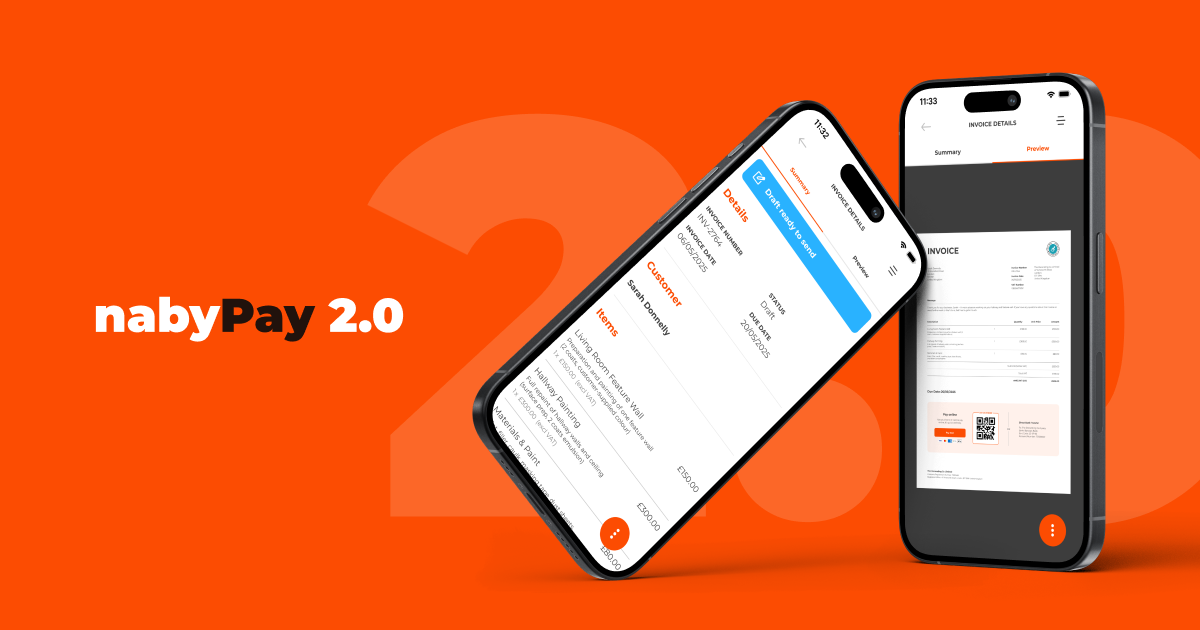Chasing late payments is frustrating. You've done the work, sent the invoice, and now you're waiting. When clients don't pay on time, it affects your cash flow and takes time away from growing your business.
The good news? You have rights. Here's what you need to know to protect yourself and get paid faster.
We'll cover:
- Your legal right to payment
- Interest on late payments
- Setting clear payment terms
- What to do when payment is late
- Taking formal action
- Protecting yourself going forward
- When to walk away
- The bottom line
Your legal right to payment
When you complete work or deliver goods, you're legally entitled to payment. This applies whether you have a written contract or just a verbal agreement. The work itself creates the legal obligation for your client to pay.
Most payment terms default to 30 days unless you've agreed otherwise. But here's the thing, you can set your own terms. Want payment within 7 days? Put it on your invoice. Need payment upfront? That's your choice.
Interest on late payments
Under the Late Payment of Commercial Debts Act, you can charge interest on overdue invoices. The current statutory rate is 8% plus the Bank of England base rate per year.
You can also claim £40-£100 in compensation for debt recovery costs, depending on the invoice amount. This isn't about being difficult, it's about covering the real costs of chasing payments.
Setting clear payment terms
Prevention beats cure. Make your payment terms crystal clear from the start:
- State payment due dates on every invoice
- Include late payment charges in your terms
- Send invoices promptly after completing work
- Use payment methods that work for your clients
The clearer you are upfront, the fewer problems you'll have later.
What to do when payment is late
Week 1-2: Friendly reminder - Start with a polite email or call. Sometimes invoices get lost or forgotten. A simple "just checking you received my invoice" often does the trick.
Week 3-4: Formal reminder - Send a more direct message. Reference your payment terms and mention any late payment charges. Keep it professional but firm.
Month 2+: Final demand - This is your last attempt before taking formal action. State clearly that you'll pursue other options if payment isn't received within 7 days.
Taking formal action
If friendly reminders don't work, you have several options:
Small Claims Court - For debts under £10,000, you can use the online small claims service. It costs £25-£410 depending on the amount, and you can usually claim this back if you win.
Debt collection agencies - They'll chase payment for you, typically taking 10-25% of what they recover. Less work for you, but it costs more.
County Court - For larger debts, you might need to go through the county court system. Consider getting legal advice first.
Protecting yourself going forward
Smart businesses learn from payment problems:
- Ask for deposits on larger jobs
- Use payment apps that make it easier for clients to pay
- Check new clients' payment history if possible
- Keep detailed records of all work and communications
When to walk away
Sometimes it's not worth the hassle. If chasing a small debt is costing more time and money than the invoice is worth, it might be better to write it off and focus on better-paying clients.
The bottom line
You have the right to be paid for your work. Don't be afraid to enforce that right. Being professional about payment terms isn't pushy - it's business.
Most clients want to pay on time. Make it easy for them with clear invoices, flexible payment options, and friendly reminders when needed.
Remember, 92% of NabyPay payment requests are paid within one day. When you make payment simple and convenient, most clients will pay quickly.












